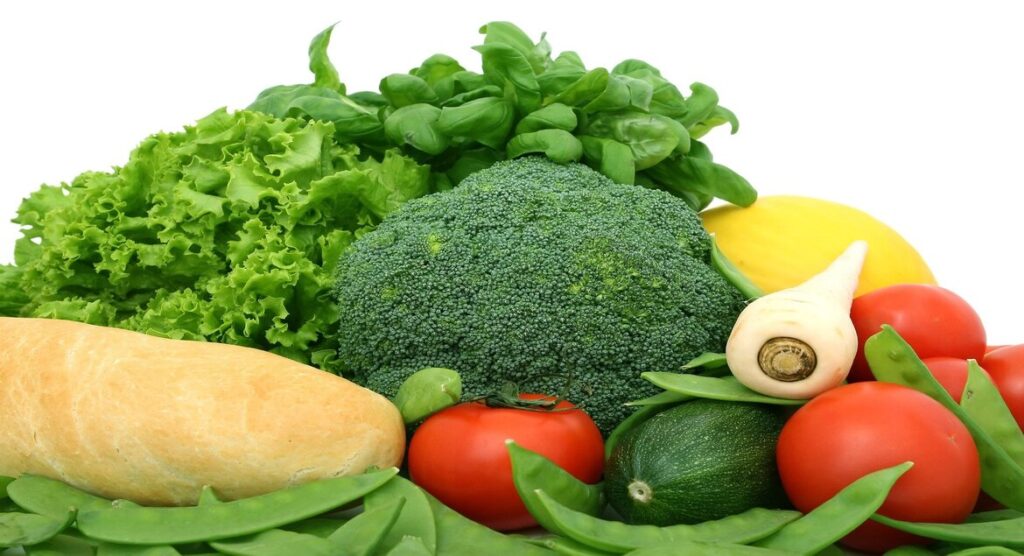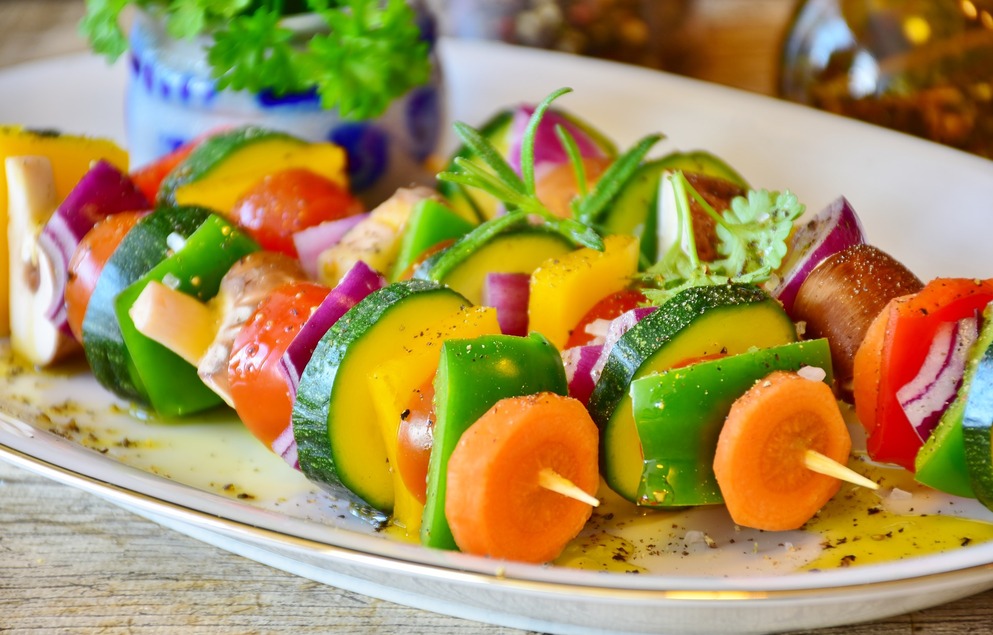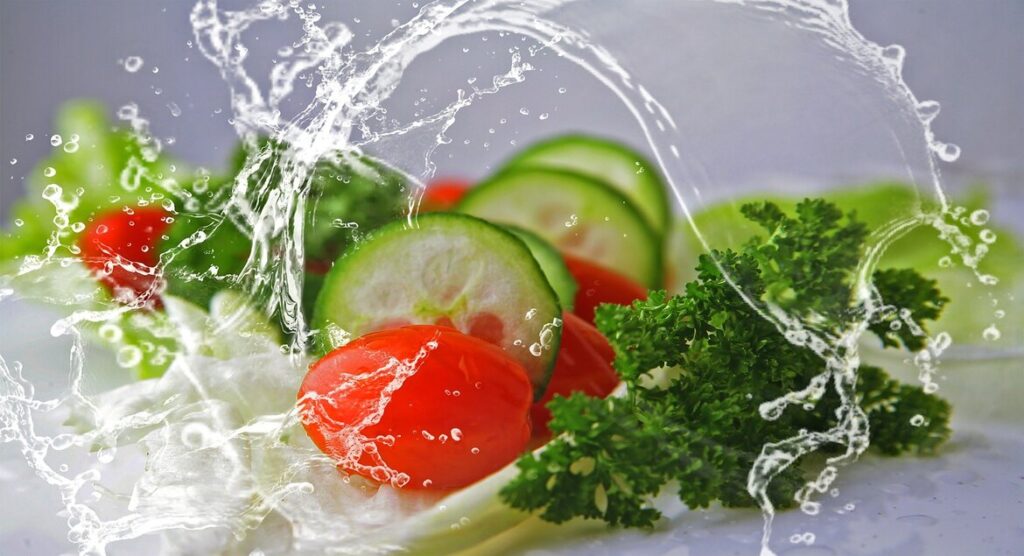You need to pay close attention to what you eat when you have cancer. You need calories and nutrients to stay healthy. Unfortunately, there may be difficulties obtaining what you need as a result of the disease, which may affect you before, during, and after therapy. In addition, you may not feel like eating at times. You don’t need to change your diet drastically. There are a few simple ways to make healthy dishes more appealing and easier to prepare.
Table of Contents
Prior to Treatment
Start focusing on nutritious foods even before you begin your treatment. It is impossible for you to know what adverse effects you may encounter or how it will affect you. You should begin eating as soon as possible. This will help your body stay strong. Organizing a party is also a good way to plan for days when you are too tired to cook. Make sure you have a lot of healthy foods in the refrigerator and pantry, preferably those that require little (or no) cooking. There are numerous options available, including nuts, applesauce, yogurt, prechopped vegetables, and microwaveable brown rice or other healthy grains. You may freeze large portions of your favorite entrees. During the first few weeks or days of therapy, you may also wish to arrange for friends and family to bring you food. You may have days when you are hungry and days when you do not want to eat. Eat plenty of protein and nutritious calories on excellent days. This will maintain your body strong and aid in the repair of any harm caused by the treatment.
Foods Rich in Protein Include:
- Fish, chicken, and lean meat
- Eggs
- Nuts, beans, and seeds
- Yogurt, milk, and cheese
Eat three and a half cups of vegetables and fruits every day. Citrus fruits, such as oranges and grapefruits, as well as dark green and deep yellow vegetables. Colorful meals like these provide many nutrients. Simply make sure they are thoroughly washed before eating. Stay hydrated all day long. Keeping hydrated is essential. Freshly squeezed juice is also a good option. In addition, it contains additional vitamins.
During Therapy
Throughout the day, drink plenty of fluids. Drink plenty of water. Drink fresh juices as well. In addition to providing additional vitamins, it also maintains hydration in your body. In addition, raw and undercooked meat, fish, and poultry should be avoided. Avoid consuming foods and beverages that are unpasteurized. Eat when hungry. Eat breakfast first thing in the morning. If you lose appetite during the day, drink a meal replacement. Having five or six modest meals a day may be more manageable, as opposed to two or three large ones. Make sure to have modest healthy snacks on hand at all times. The following foods are acceptable choices: yogurt, cereal, cheese and crackers, and soup. Also, Read: What is Balanced Diet
Controlling Side Effects
Many cancer therapies have side effects that make it difficult to eat adequately. Some of the most frequent ailments may be alleviated by changing your diet.
Nausea/vomiting: Avoid foods that are heavy in fat, oily, or spicy, as well as those that have strong odors. Whenever possible, eat dry foods such as crackers or bread. You should drink clear liquids like broth, energy drinks , and water.
Problems with the mouth or throat: Stick to soft foods if you have sores, soreness, or difficulty swallowing. Anything abrasive or scratchy, as well as spicy or acidic foods, should be avoided. Consume lukewarm meals (not hot or cold). Also, for soups and drinks, use a straw.
Diarrhea and constipation: It is critical to stay hydrated when suffering from diarrhea. Drink plenty of fluids and limit your intake of high-fiber meals such as whole grains and veggies. If you’re constipated, gradually increase your intake of high-fiber foods. This problem also necessitates a large supply of liquids.
Taste change: Treatment can have an amusing effect on your taste buds. Things you didn’t like previously may now taste delicious. So keep an open mind when it comes to trying new meals. Check to see if you enjoy sour or tangy flavors, such as ginger or pomegranates. Spices like rosemary, mint, and oregano may help you enjoy other dishes as well.
Cancer Diets
Some people claim that “special” diets can treat cancer or prevent its return. We hear that vegans, vegetarians, and raw food eaters should make changes to their diets. If you make major dietary changes, you should consult your doctor. It is not possible to cure cancer with diet. A vegetarian diet, for example, does not appear to reduce the risk of cancer recurrence.



